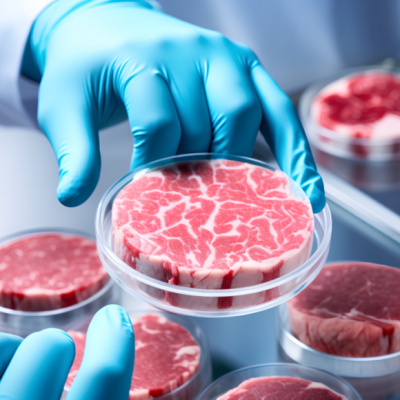The production of meat causes significant environmental and climate damage. Scientists are calling for the introduction of a meat tax to address this issue. The industrialization of animal farming has led to meat becoming an affordable commodity, but at the expense of animal welfare and the environment. The livestock industry is responsible for around 13% of global greenhouse gas emissions, with cattle being the main source of methane gas. Additionally, the manure produced by livestock is a leading cause of high nitrate levels in groundwater.
Researchers from the Technical University of Berlin, the University of Oxford, and the Potsdam Institute for Climate Impact Research have calculated how much a kilogram of beef, pork, lamb, or poultry would cost if consumers had to pay for the externalized costs of meat production. According to their model, beef would need to cost between 35% and 56% more in supermarkets to achieve a balanced climate and environmental impact. The price increases for lamb, pork, and poultry would be lower. However, the study does not include the negative health effects of meat consumption, such as an increased risk of colon cancer from red meat, or the loss of biodiversity.
The authors of the study propose a meat tax that would be used exclusively to support agriculture. The tax could help farmers become less dependent on meat production and invest in higher animal welfare standards. Additionally, a portion of the tax revenue could be redistributed to low-income families to help them purchase healthier food options. The authors argue that a meat tax would create greater equality in the livestock industry and protect local farmers from competition with producers in countries with lower environmental standards.
Opponents of a meat tax argue that it would disproportionately burden local farmers. However, if imported meat were also taxed, all producers would be affected equally, and livestock farmers in Germany would not be undercut by producers in countries with lower environmental regulations. A meat tax could be an effective way to address the environmental and health impacts of meat production while supporting sustainable agriculture and promoting healthier food choices.










